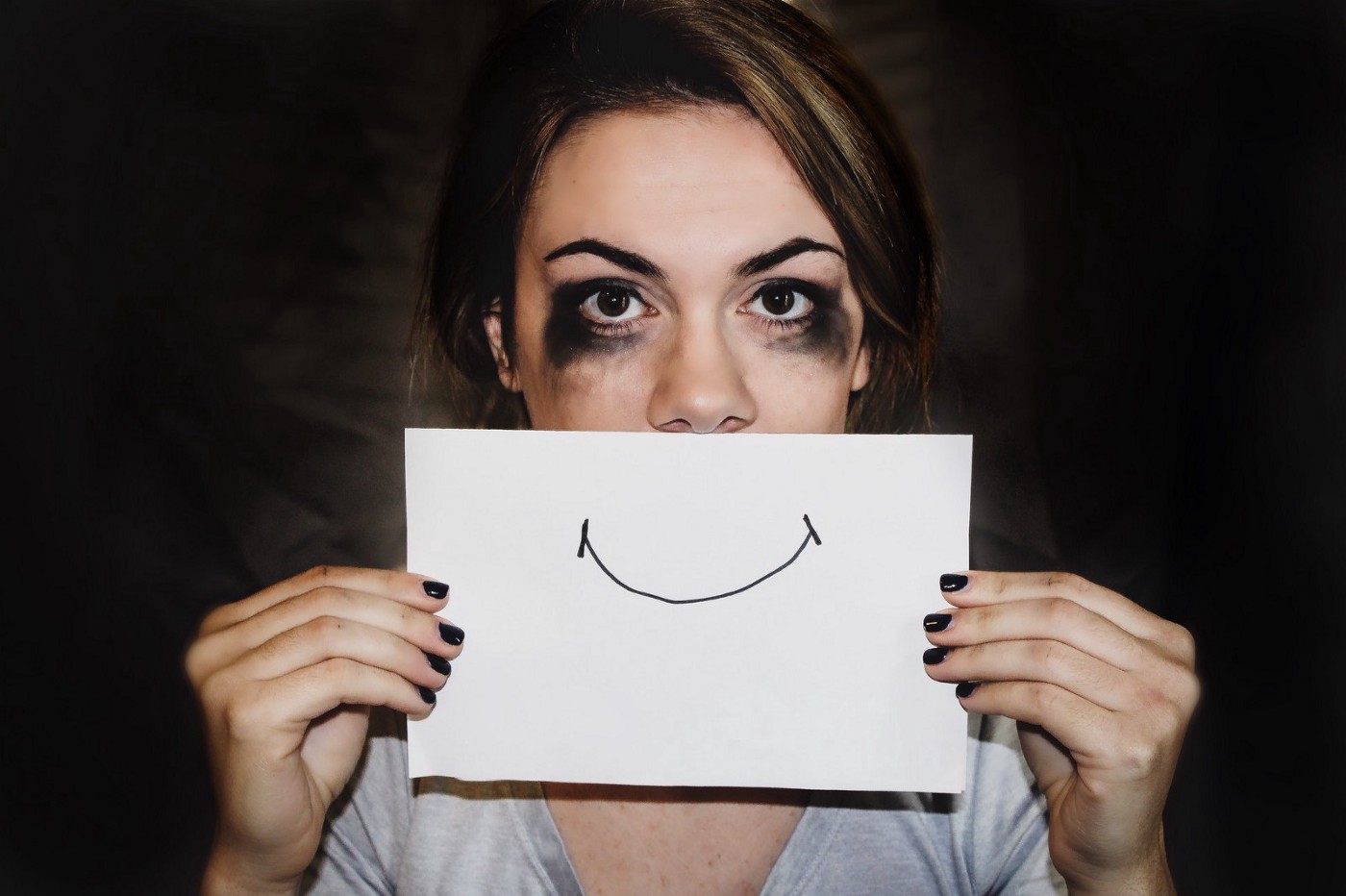So this was tough to write. Because, well, social media and the internet in general, are not places I would normally discuss my depression.

Yes, I said my depression.
Before we start, I wanna say, no, I’m not clinically depressed, I’ve never been suicidal, nor am I a doctor or therapist. But like a majority of the population, I have experienced depression and witnessed others with severe depression.
This whole idea of rating depression came about when I went to the emergency room with a friend of mine and the nurse asked her to rank her physical pain from 1–10. My friend had come to me in confidence regarding injuries she sustained from self-harm. When the nurse asked about her pain level, I wondered why they didn’t ask the same of her mental health. I could tell the injuries were self-inflicted and I could see she was at the point where she needed more help than I could offer. The nurse had seen it too.
But I realized no scale could describe everyone’s specific situation. It wasn’t as simple as ranking your physical pain.
And so, I wanted to share my personal depression scale. The scale I’ve used to rate my mental health, to know when I’ve gotten to the point where I need to talk to someone.
1/10: Happy. Life is great! What is depression?
2/10: Life is pretty good. You have a few moments here and there that give you that heavy feeling in your chest but never lasts more than a few hours.
3/10: Moments of sadness happen more frequently, and least a little longer. But generally, happy.
4/10: Moments of sadness continue to grow. Lasting an entire day at times. For me, this is where I start to feel drained. I’m eating a little more than normal, and finding myself tired after a full nights sleep.
5/10: It’s lasting longer than 24 hours. Your thoughts are weighing you down. Control is dwindling, and irritation is front and center. If you (for me anyway), stay in this range for too long, you start to notice weight gain.
6/10: Life sucks more than not. For me, I start shutting myself in, avoiding people and binge-watching TV shows from my couch. My un-interest in chores around the house starts to show. As well as in my appearance. #Idontgiveafuck becomes life, not just a statement. Negative thoughts grow, and self-esteem is almost absent.
This is where you need to reach out to a friend, family member, or therapist. Someone needs to know they have to pay attention (don’t expect them to see it and don’t think they don’t care because they don’t. Everyone has their own problems distracting them from what’s right in front of them). Don’t wait until you’re at a seven, tell them now!
7/10: The words that describe my feelings are hopelessness, despair, and not enough. Day-to-day activities start to become a chore. Getting up for work seems impossible and food begins to lose its appeal.
For some, this rating is the start of risky behavior. It could be as simple as speeding for one, or drugs for others. Sex for another. It’s that point when you start to notice a small shift in someone’s behavior. They’re drinking more or acting out of the normal. When you ask about it, they might shutdown, or lash out.
For those that self-harm, you’re probably doing it at this point. If you’re not talking to someone about what’s going on, you NEED too!
8/10: What’s the point in doing anything? You sit around thinking wouldn’t it be nice not to feel this way and considering the thought of ending it all. Emptiness is a thing.
Signs someone around you is here, you haven’t spoken to them for some time. They aren’t answering your text messages, and are acting out of the norm. They may be constantly intoxicated and have no regard for their own life. Even mentioning suicide in passing… as a joke.
9/10: You have a plan, no hope and can’t seem to escape that dark place. At this point, you’ve come to the conclusion that there is no way out. You start collecting pills or materials necessary but haven’t picked a date. If you have anything valuable, you might start giving items away, or researching what’s necessary to create a smooth transition for others. You wonder if you want to write a note.
At a 9/10, you need to call someone and get help! If you haven’t already, tell someone! If you think someone is here, do something!
10/10: You’ve picked a date. Call 911. As a dispatcher, I know from experience, it’s never too late. If you can call, call! Can’t call, text! If you have any reason to believe someone is here, call on their behalf. Don’t think it’s a phase. They might hate you at the moment. But at least they’ll have more moments.
This scale is based off my own experiences, and experiences I’ve witnessed. Feel free to take it, and adjust it to fit what you know about yourself. We are all different, and being aware of your position in your scale will help you stay alive. Letting others know your scale exists, can allow them to intervene.
If you’re currently a 7 or higher. Or even a 6 and need someone outside of your life to speak too, call 1–800–273–8255!
It’s never too late, or too soon to get help.
